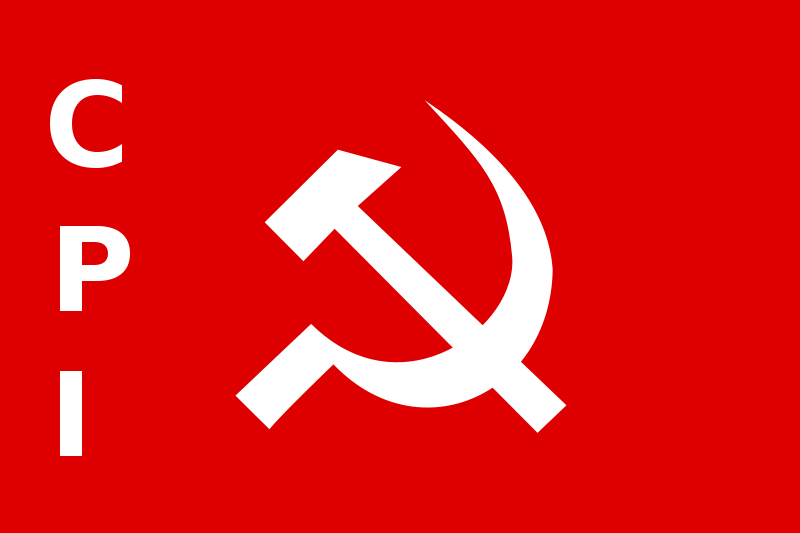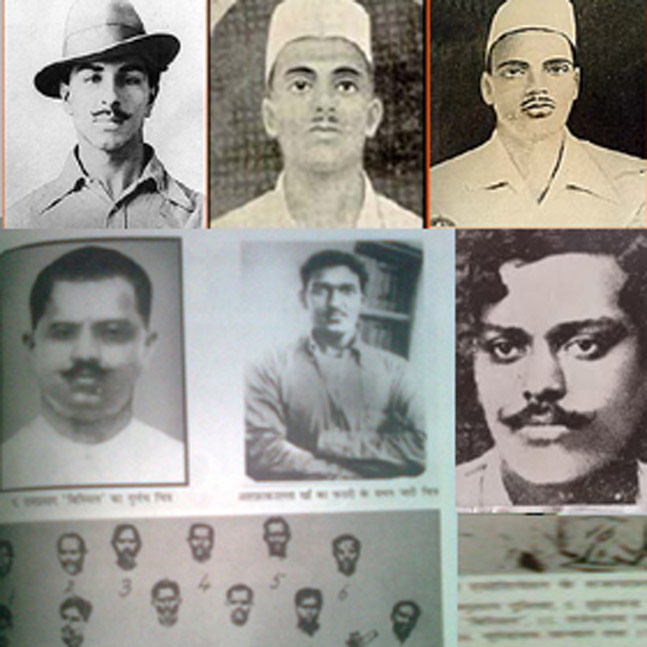


The militant anti-imperialist stand of the communists attracted various revolutionary fighters. This contributed to the rise of radical trend even inside the Congress in the post-First World War period. The communist movement, with its strong ideological moorings, influenced virtually all other streams. The conspiracy cases in Peshawar, Lahore and Kanpur were meant not crush an organized movement, but to suppress the very possibility of communism taking root in India. Though the Communist Party of India was first organized in Tashkent by émigré India revolutionaries, the seeds of class politics and ideology of scientific socialism sprouted in the soil of the subcontinent once the message of the October Revolution reached its shores.įrom the outset, the colonial state unleashed repression on the communist. The Communist movement in India was a product of the radical impetus coming out of the national liberation struggle.

The Present Volume tells the story of the early years of the communist movement in India.


 0 kommentar(er)
0 kommentar(er)
